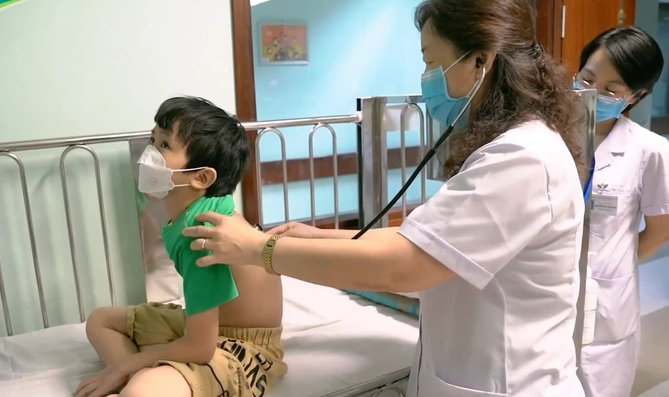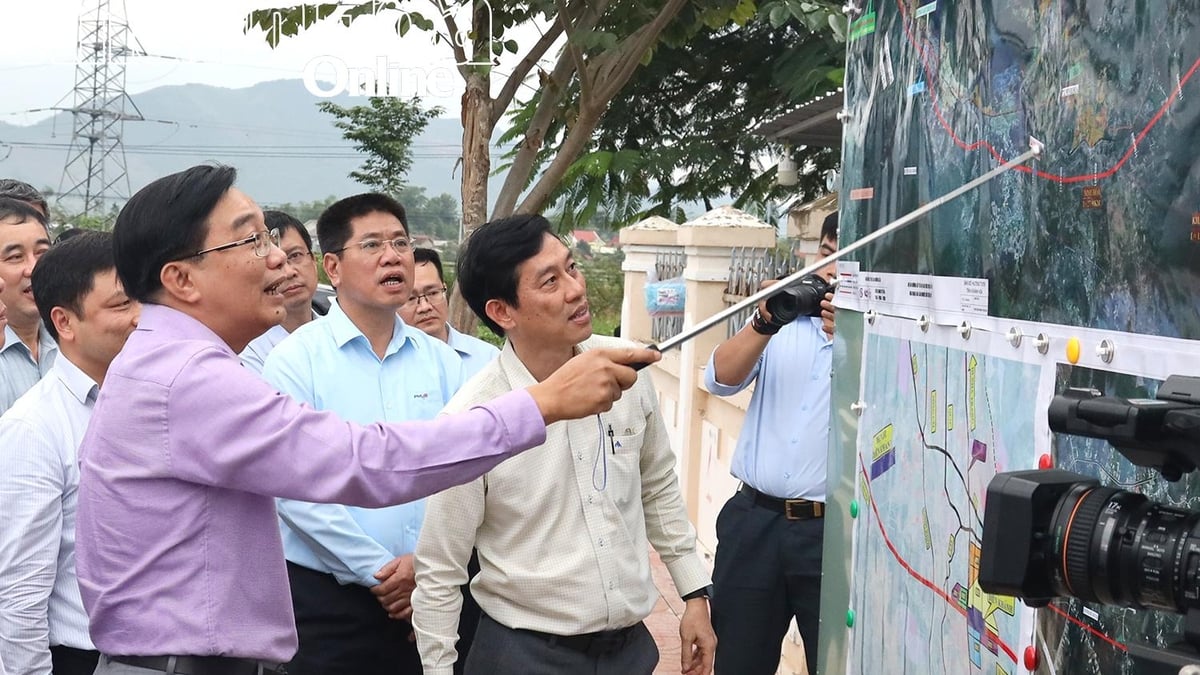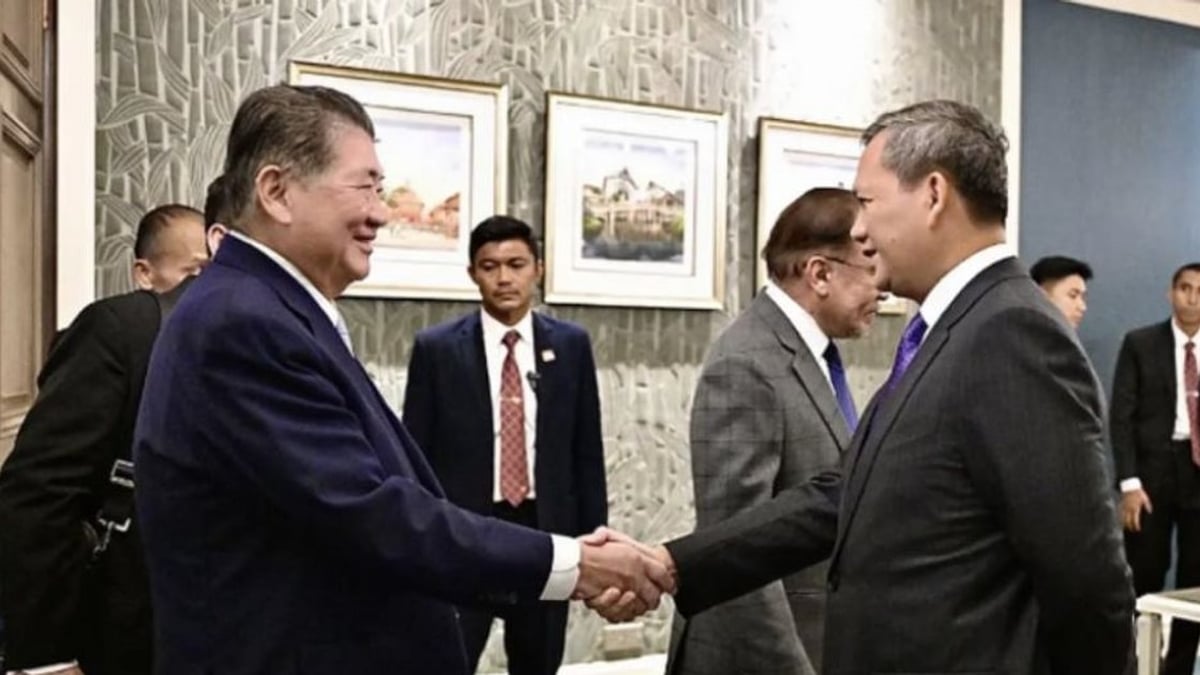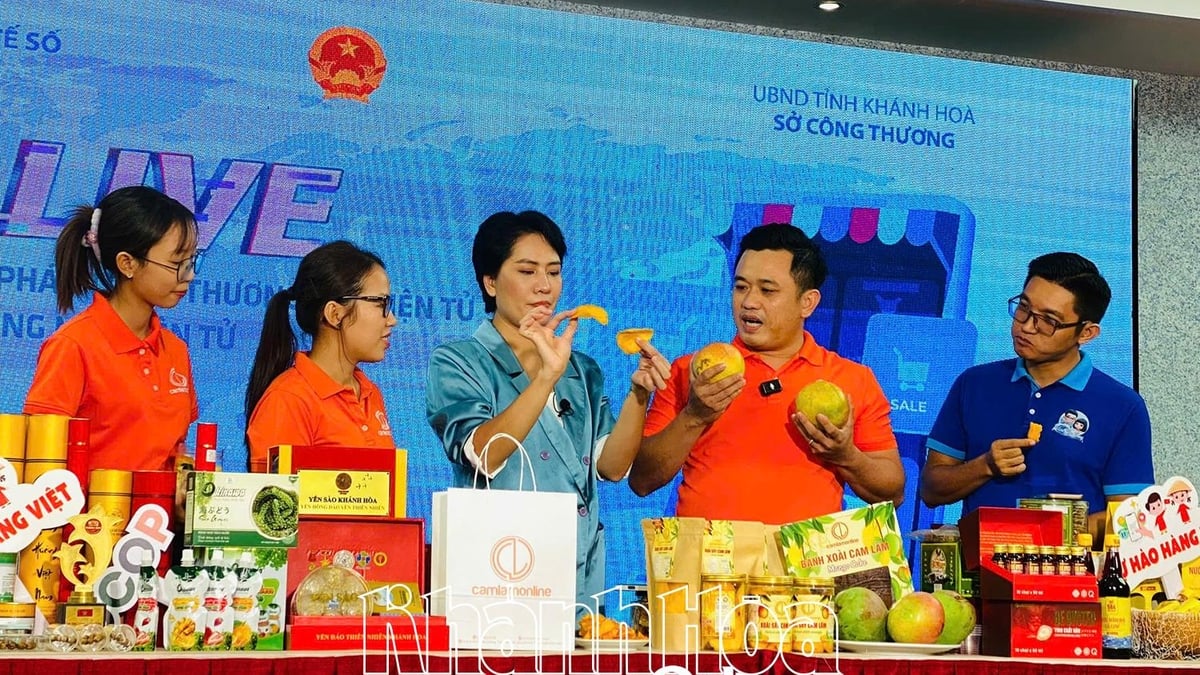Ms. Linh Chi (Tay Ho district, Hanoi ) asked: I know that children with pneumonia caused by Mycoplasma pneumoniae can easily be confused with the common flu. Can you please tell me the signs of children with pneumonia caused by Mycoplasma pneumoniae?
Regarding this issue, Associate Professor, Dr. Le Thi Hong Hanh, Director of the Respiratory Center, National Children's Hospital, shared: Recently, the Respiratory Center, National Children's Hospital has received many cases of hospitalized children due to pneumonia, among which many children have pneumonia caused by Mycoplasma pneumoniae (atypical bacteria) with atypical symptoms, easily confused with the common cold. If not diagnosed accurately and treated promptly, the disease can become serious.
 |
| A doctor examines a child with pneumonia caused by Mycoplasma bacteria. Illustration photo: dantri.com.vn |
The Respiratory Center has more than 150 inpatients, of which Mycoplasma pneumoniae infections account for about 30%. That means there are 30 to 40 patients being treated every day. Pneumonia has many causes, of which Mycoplasma pneumoniae is an important agent causing community-acquired pneumonia in children. The disease occurs in all ages, but is more common in older children.
When Mycoplasma pneumoniae bacteria invade the body, the incubation period is from 2 to 3 weeks. After this time, the disease will develop and go through some symptoms such as initially the child has symptoms of sneezing, runny nose, mild fever. Then, the child's fever increases, coughs a lot, has long coughs, may be accompanied by rapid breathing, difficulty breathing. Older children may have chest pain, headache, muscle pain, muscle stiffness... In some cases, children with pneumonia caused by Mycoplasma pneumoniae may have other extrapulmonary manifestations such as: conjunctivitis, hives on the skin, cardiovascular complications, digestive and urinary complications...
Symptoms of pneumonia caused by Mycoplasma pneumoniae in children are easily confused with other pneumonia agents such as viruses and bacteria because they all have the following symptoms: fever, cough, difficulty breathing or chest X-ray with lesions on the film. However, to diagnose pneumonia caused by Mycoplasma pneumoniae, specific tests are required. At the National Children's Hospital, patients are tested for diagnostic serology (Mycoplasma IgM), or the technique of determining the DNA sequence of Mycoplasma pneumoniae in respiratory secretions using Real-time PCR testing.
Regarding treatment, when a patient is hospitalized, the first principle of preventing respiratory failure must be ensured. Measures to support respiratory failure include airway clearance, oxygen therapy depending on the level such as: oxygen inhalation through a cannula, through a mask, or ventilator support. Appropriate antibiotic treatment, supportive care, and nutrition to improve physical condition play a decisive role. For patients with complications other than the lungs, consultation with specialists is required for appropriate treatment.
Bacterial or viral pneumonia in general and Mycoplasma pneumoniae pneumonia in particular are transmitted through contact with droplets containing the pathogen. To date, there is no vaccine against Mycoplasma pneumoniae.
To prevent the disease in children, parents need to wash their hands with soap; keep the environment clean and airy; do not let children come into contact with children showing signs of cough or fever. In addition, a suitable diet helps to strengthen children's resistance. Eat foods with full nutritional components, ensuring adequate vitamins and minerals. In particular, parents should vaccinate their children against respiratory infections on schedule, because Mycoplasma pneumoniae infection can be co-infected with other bacteria such as pneumococcus, Hib...
Doctors recommend that if children show symptoms such as respiratory tract infection, high fever, cough, difficulty breathing, especially in older children, parents should take their children to specialized medical facilities for examination, early diagnosis and timely treatment.
Health-related questions should be sent to the “Your Doctor” section, Economic -Social-Internal Affairs Editorial Department, People’s Army Newspaper, 8 Ly Nam De, Hang Ma, Hoan Kiem, Hanoi. Email: [email protected], [email protected]. Phone: 0243.8456735.
Source


























![[Photo] National Assembly Chairman attends the seminar "Building and operating an international financial center and recommendations for Vietnam"](https://vphoto.vietnam.vn/thumb/1200x675/vietnam/resource/IMAGE/2025/7/28/76393436936e457db31ec84433289f72)










































































Comment (0)